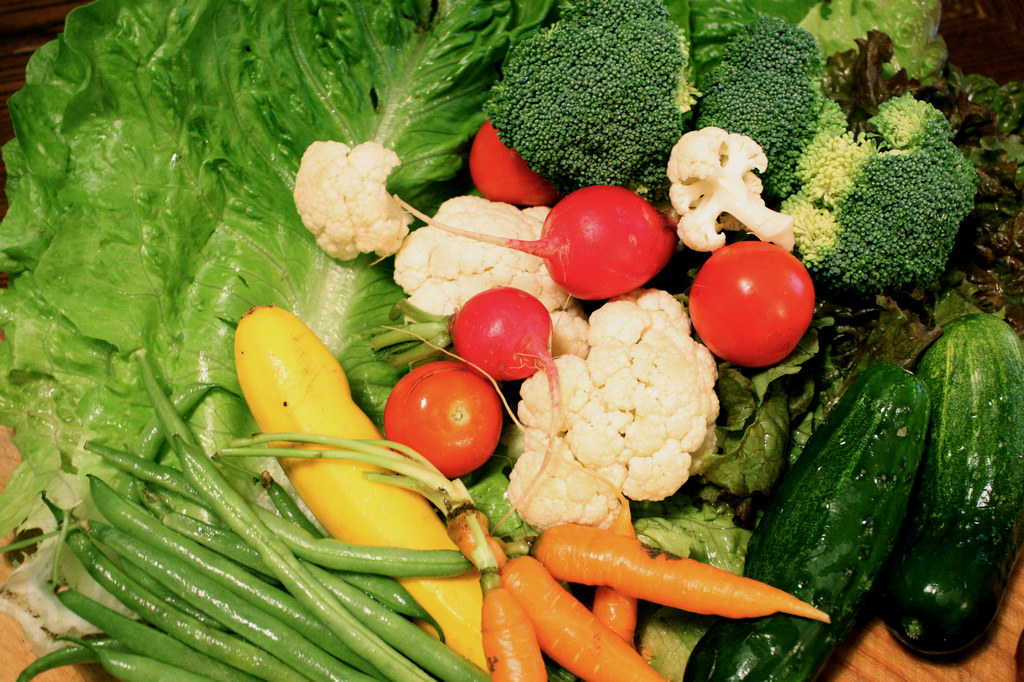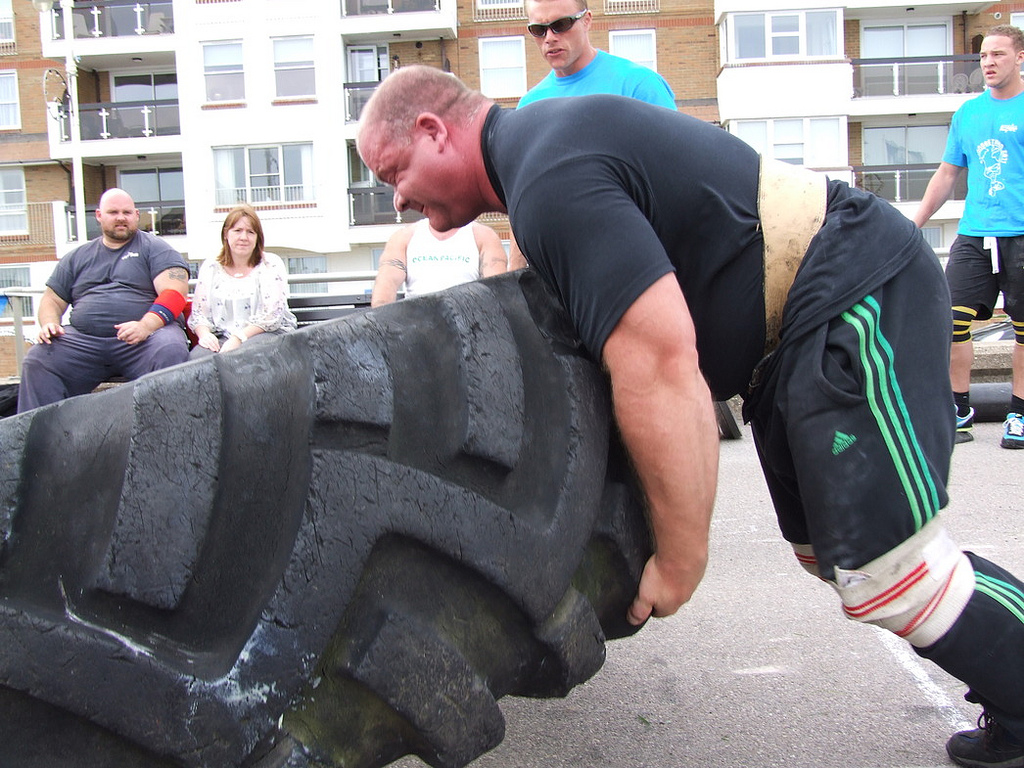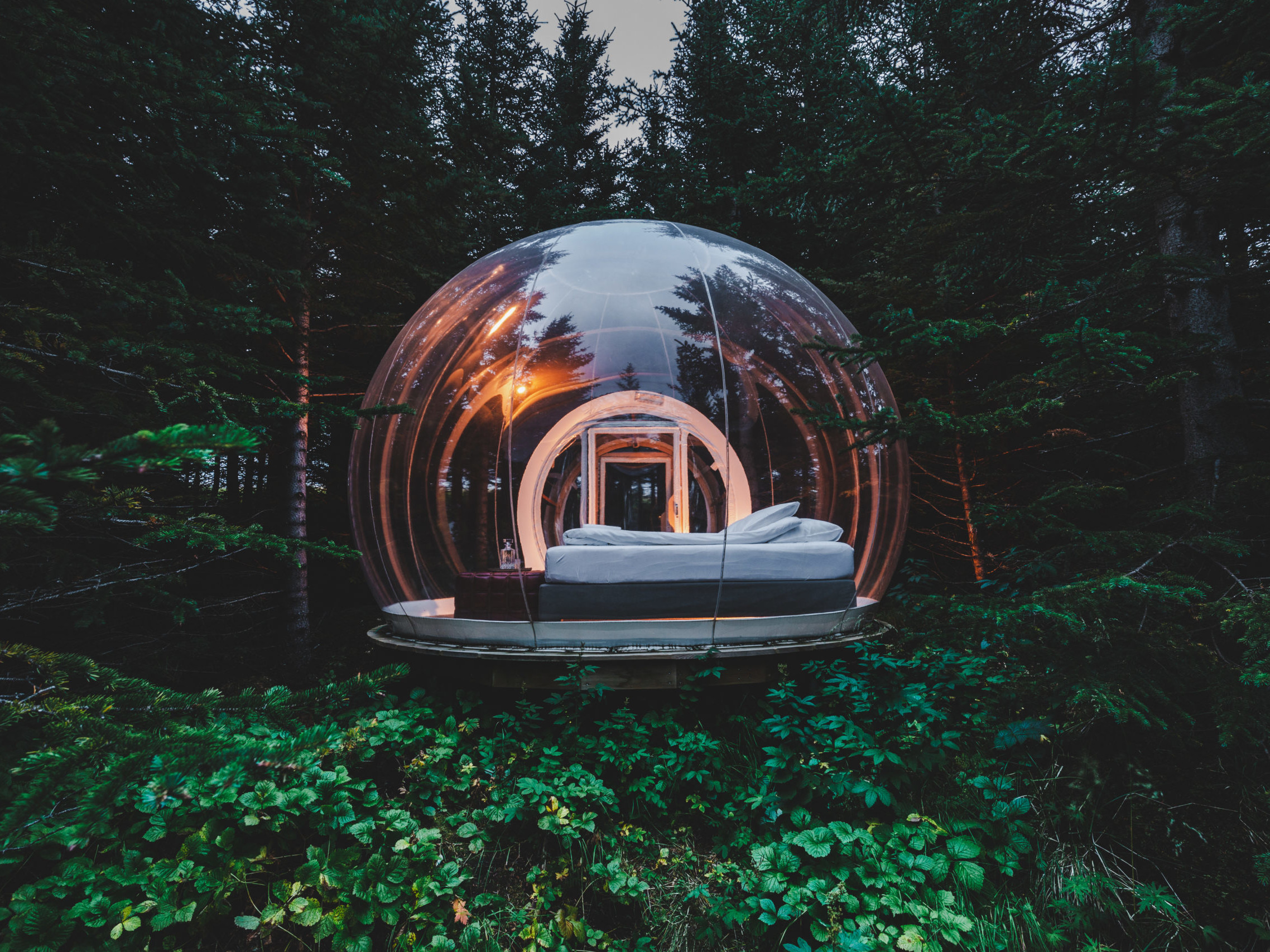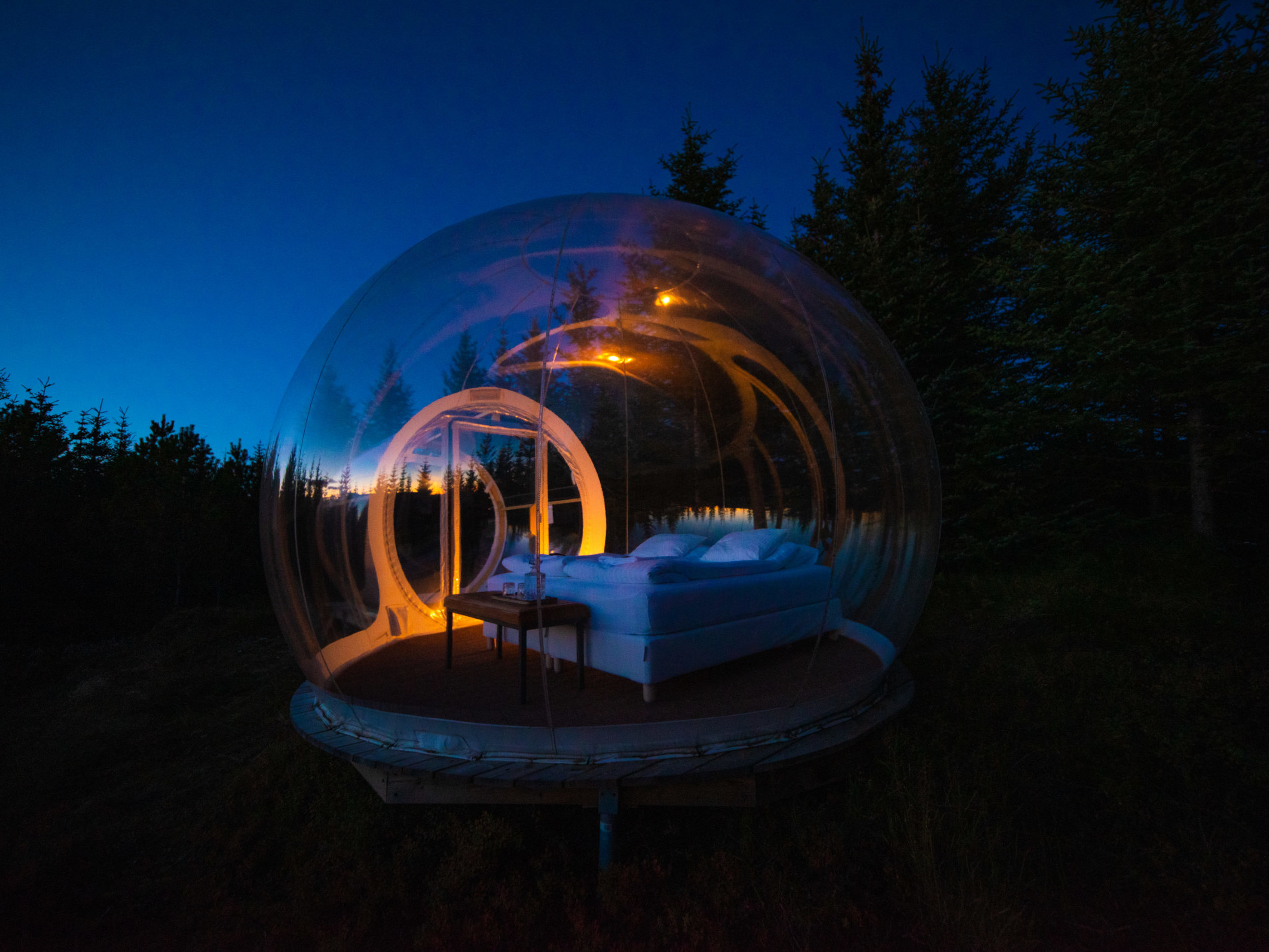Text by Sonia Nicolson
Iceland, Healthiest Country in the World
One of the key topics discussed at the World Economic Forum’s Annual Meeting 2017 was the future of healthcare, and Iceland topped a new ranking of the world’s healthiest countries. The study, published by The Lancet, assessed 33 health-related Sustainable Development Goal (SDG) indicators in 188 countries across 25 years. The results from the SDG present a global picture of the progress made, and the work still needed, to achieve the Millennium Developments global goals.
Using the Global Burden of Diseases, Injuries and Risk Factors Study 2015, the research examines health in countries around the world to create a global ranking. Iceland, Sweden, Singapore, Andorra and the UK were the top 5 ranking countries; Iceland took the top spot by one decimal place. The report singled out major factors such as tobacco control measures and Iceland’s publicly funded healthcare.
Improved Icelandic Healthcare
In the past 15 years, there has been significant progress with universal healthcare showing the greatest improvement followed by family planning and hygiene developments. It’s not all good news however with hepatitis B on the increase, alcohol consumption becoming more problematic and numbers of overweight children now worse than in 2000.
“Although considerable progress on the health-related MDG indicators has been made, these gains will need to be sustained and, in many cases, accelerated to achieve the ambitious SDG targets,” write the authors of The Lancet.
The authors examined the link between the health-related indicators and the socio-demographic Index; a measure based on income per person, average educational in the population over 15 years old, and total fertility rate.
Icelandic Diet and Lifestyle
There is a wealth of contributing factors to a good Icelandic diet and lifestyle; water, food and exercise. The diet often focuses on fish and healthy dairy products such as Skyr. A nation is famous for its rivers, waterfalls, glaciers and hot springs, the water in Iceland is some of the cleanest in the world. Icelandic homes are heated using volcanic water pumped from a variety of hot springs all around the country. These hot springs have been used for centuries by locals to bathe, wash clothes and cook in. Its also thought that the natural hot water and minerals it contains can do wonders for your health and skin.
People eat a lot of fresh and dried fish, and lamb. There are roughly a million sheep living in Iceland, 3 times the population. Sheep are left to roam the countryside freely throughout summer, grazing on thyme and adding to their flavour. Recently, Icelanders have become more concerned with eating healthily, with athletes promoting healthy options. Vegans and vegetarians have gained more healthy options in the city and restaurants such as Glo are doing well.
The average life expectancy in Iceland is just over 82 years old. Exercise plays a big part in this with many people going hiking, swimming, signing up for marathons and trying out yoga. The typical modern Icelandic lifestyle includes a selection of fitness options focusing on strength, protein intake and a clean diet. Icelandic women practice weight lifting in their gym routine, and teens compete in nationally televised CrossFit-style obstacle courses, gaining a lot of attention.

Photo by John Nakamura Remy
Icelands Strongest Man and Woman
Iceland is famous for its Sagas with tales of heroes with incredible strength. From Vikings and Norse Gods, to Strongman champions, the nations football team to the modern trend of CrossFit.
The glorification of raw strength is nothing new in Iceland. Þór was known as the God of Thunder, Wrestling and Fertility, and Týr, was the God of War and Tactics. Both were described as physically, fiercely fit and strong but while Þór tended to smash things with his hammer, Týr used his brain too.
A Land of Rough and Unforgiving Natural Conditions
Iceland has over the years required a certain physical strength to survive with an attitude that everyone had to pull their own weight. Moving into the 20th century, Icelandic women in Reykjavik carried washing loads from the city centre to the pools in Laugardalur, a 5 kilometres walk. They would work for around 10 hours before carrying their mountain of wet laundry back home again. Foreign travellers often likened the Icelandic washing woman’s strength to the power of a pack horse.
Throughout history, Icelanders tested their strength by lifting stones. On Djúpalónssandura black sand beach in the Snaefellsnes Peninsula you will notice four large stones of varying sizes weighing between 23kg (50lbs) and 155kg (342lbs). These were used to test the strength of fishermen. The stones are named Amlodi (useless), Halfdreattingur (weakling), Halfsterkur (half-strong) and Fullsterkur (full-strong). A person of ‘Full Strength’ gains the Fullsterkur status by lifting, carrying and placing a rock of 155kg or heavier on a platform waist height or higher. Icelander might not need fishermen who can lift the Fullsterkur stones anymore but many still value strength as a representation of an enduring spirit.
Strongman, Strongwoman
Originally, militant leaders who had keep command by their sheer force of will, rather than raw physical strength were referred to as a ‘strongman’. In the mid 19th century the word was linked to specific forms of athletic strengths common in circus acts. Todays strongman is a phenomenon seen in films and advertising, idols to look up to, not commonly seen on a battlefield.
Iceland has long been know for its strength and power, a nation of just 334,000 people with an outstanding number of ‘world’s-strongest’ men and women; Jón Páll Sigmarsson, Magnús Ver Magnússon and Hafþór Júlíus Björnsson (the Mountain from Game of Thrones).
The Icelandic strongman is the most famous of Iceland’s power icons but the country is home to plenty of superwomen too. Katrín Tanja, worlds fittest women in 2015, and Anníe Mist, two times fittest woman CrossFit Games and six times Games competitor. The world famous weightlifter, Ragnheiður Sara Sigmundardóttir, is known for her strength and physical prowess inspiring younger stars such as recent winner of the European powerlifting championships, Sóley Jónsdóttir. Sóley performed an astonishing 215kg squat at the tender age of 15.

Photo by sumoman.co.uk
Icelandic Wellbeing
With clean air and low pollution, wellbeing in Iceland is good. Though the population is small, the country is comparatively large meaning everyone has space. Equal rights are strongly fought for and the gender gap is the smallest in the world. Crime is rare and which helps the people of Iceland feel safe and therefore happier.
It’s easy to see that Iceland can be considered one of the healthiest places in the world.


